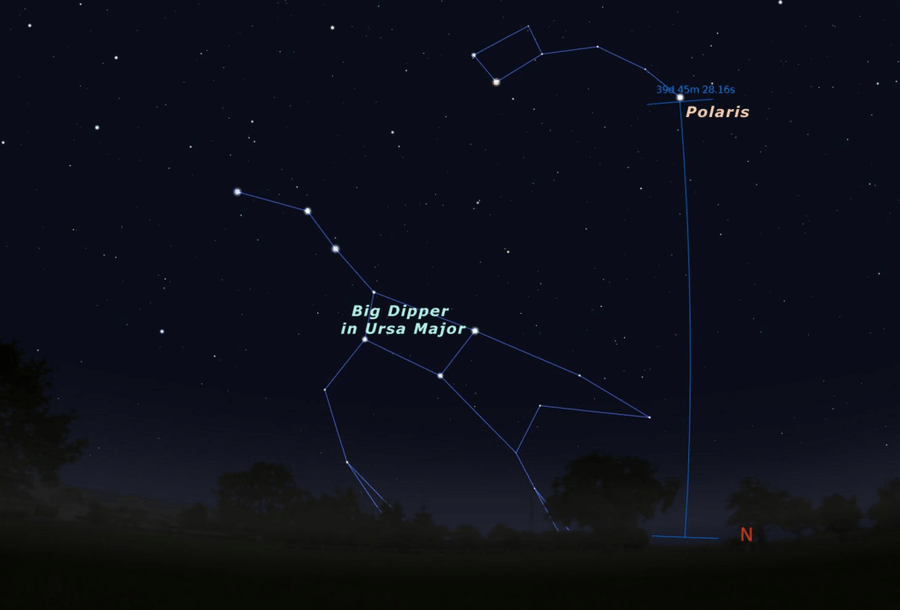Constellations
Key Notes :

- Definition of Constellations:
- Constellations are patterns of stars that have been identified and named by different cultures throughout history.
- They are used to divide the night sky into recognizable regions.
- Types of Constellations:
- There are 88 modern constellations recognized by the International Astronomical Union (IAU).
- Constellations can be categorized into northern and southern hemisphere constellations based on where they are visible.
- Historical Significance:
- Many constellations have been named after figures from Greek and Roman mythology, historical figures, and animals.
- Different cultures around the world have their own unique constellations and stories associated with them.
- Stellar Navigation:
- Constellations have been used for navigation for thousands of years. Sailors and travelers would use them to find their way.
- Changing Positions:
- Constellations appear to move across the night sky due to the Earth’s rotation.
- They are not fixed in space but change their positions over time.
- Bright Stars and Asterisms:
- Some of the stars within constellations are brighter than others, and these can help in identifying the pattern.
- Asterisms are smaller, recognizable patterns within constellations, like the Big Dipper within Ursa Major.
- Celestial Objects within Constellations:
- Constellations often contain interesting celestial objects, such as nebulae, star clusters, and galaxies.
- Examples include the Orion Nebula in the Orion constellation and the Andromeda Galaxy in the Andromeda constellation.
- Modern Astronomical Observations:
- Astronomers use constellations as reference points to locate celestial objects.
- They are also used to map and study the night sky.
- Not All Stars in a Constellation Are Related:
- Stars in a constellation may appear close together in the sky, but they can be at vastly different distances from Earth and may not have any physical connection.
- Constellations Change with Location:
- Depending on your location on Earth, you will see different constellations in the night sky. This is due to the Earth’s rotation and axial tilt.
- Modern Tools and Technology:
- In modern times, telescopes, planetarium software, and apps can help identify and locate constellations.
- Astronomical Zodiac:
- The zodiac is a special set of constellations along the ecliptic path that the Sun, Moon, and planets appear to move through. It is used in astrology.
Let’s practice!

